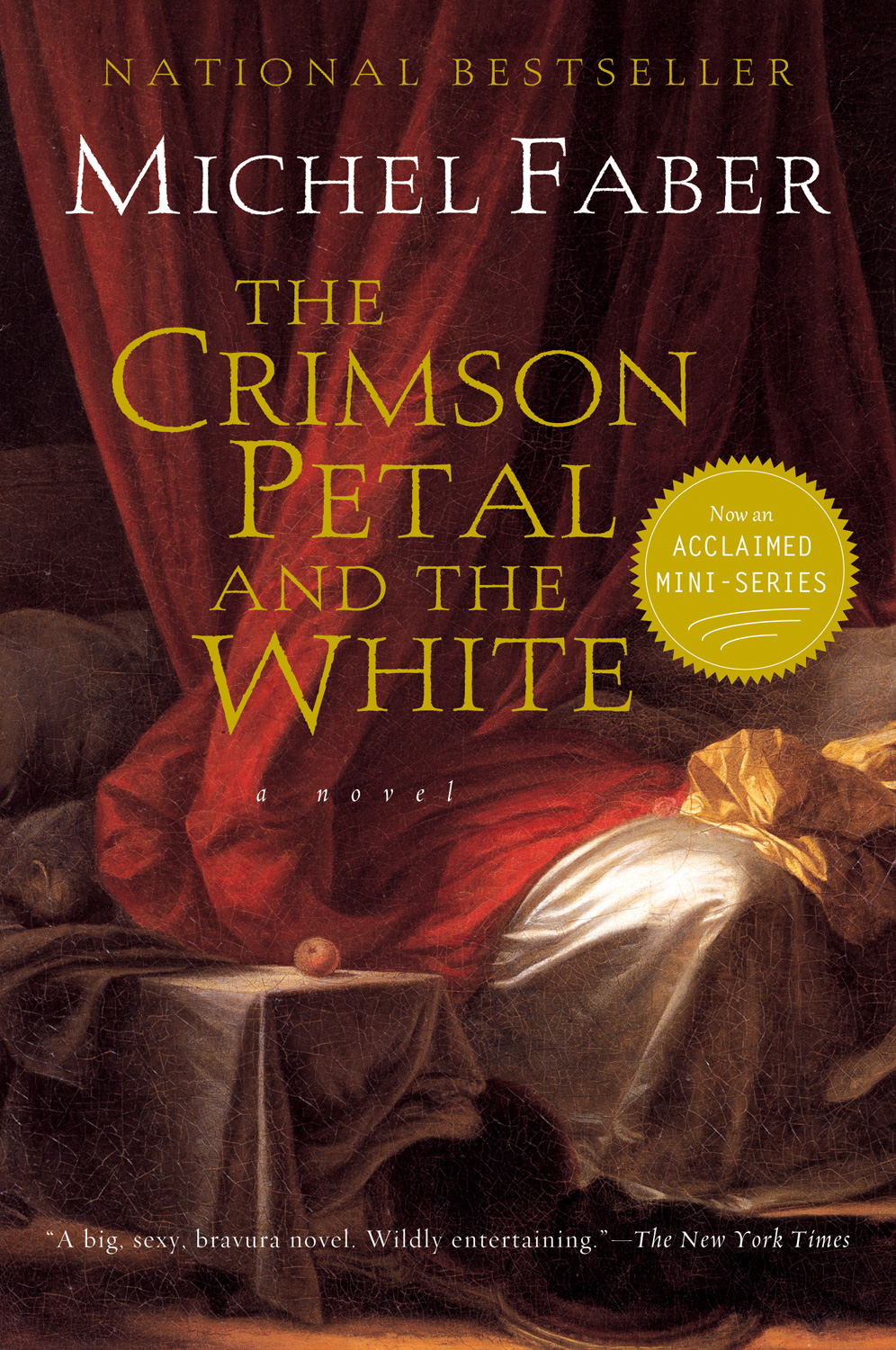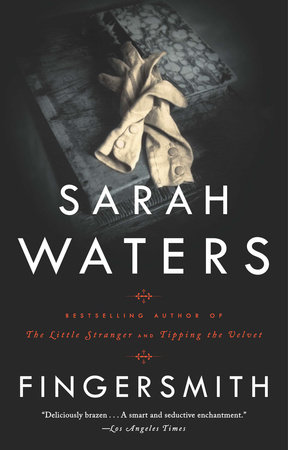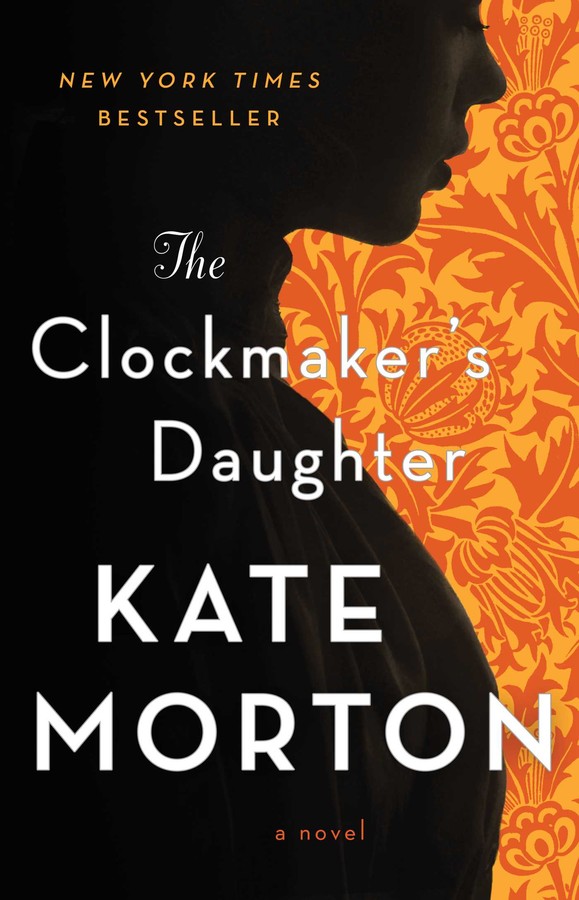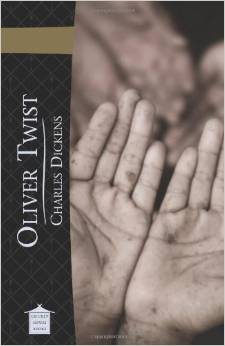Think of Victorian London and chances are you’ll conjure drifting smog and a fog-shrouded Thames, labyrinthine alleys and cobbled streets, grand landmarks and tragic hovels. Danger may lurk, wonders may be revealed, fortunes won or lost, and connections made or missed. Chances are this Victorian London of your imagination will be in motion with carts and carriages and characters from all walks of life jostling for your attention—there will be smells and sights and sounds galore. I’d like to introduce you to some authors I love imagining this city I love. Each of these writers has a unique take on it during a unique time. Even as a Londoner versed in the history of my city, I’ve found diversions and thrills in these pages. Victorian London was a time of extremes, of magic and grit—when innovation and discovery existed alongside crushing poverty and hardship. These writers capture exactly this light and darkness.

6 Novels That Perfectly Capture the Magic and Grit of Victorian London
London at the time of the Great Exhibition is the setting for Macneal’s immersive historical novel. Iris Whittle paints china doll faces but dreams of more, and soon she experiences more, her life heightened by a brush with a member of the Pre-Raphaelite brotherhood. For Iris, London is a place of freedom and captivity, opportunity and danger.
From the opening pages it is clear that Faber’s London is as complex and uncensored, as are the characters that inhabit it. William Rackham, a man with creative leanings and the inheritor of a family trade, embarks on an affair with business-savvy prostitute called Sugar. At home, William’s wife, Agnes, is descending into madness and their daughter is in want of a governess.
London in the 1870s. Sugar is a nineteen-year-old prostitute yearning for a better life. Her ascent through the strata of Victorian society offers us intimacy with a host of lovable, maddening, unforgettable characters. Twenty years in its conception, research, and writing, this panoramic, multidimensional novel is teeming with life, and rich in texture. . . . Page Count: 901
The underbelly of London life features wonderfully in this tale. Elements of the sensation novel popularized by the likes of Wilkie Collins can be found here—mistaken identities, hidden secrets, intrigues, and madness. Our heroine’s childhood home is a gloomy, lonely, country mansion. The London where she ventures, by contrast, is a dynamic den of thieves and ne’er-do-wells.
Read an LGBTQ+ Romance Novel
Orphan Sue Trinder is raised amongst “fingersmiths”—transient petty thieves. When a fingersmith known as Gentleman asks Sue to help him con a wealthy woman out of her inheritance, she never expects to pity her helpless mark, let alone come to care for her. But no one and nothing is as it seems in this Dickensian novel of thrills and reversals.
MENTIONED IN:
Marley is a gloriously dark descent into the roots of the Scrooge-Marley relationship. Described as “a noirish prequel to A Christmas Carol.” Clinch breathes new life into these characters in a setting as vividly realized as the story he tells. Clinch evokes all the senses, and as a result London rears up—real and troubling and heart-rending.
Morton’s London is as multilayered and as varied as the voices that tell this story. A child abandoned in the streets of Victorian London grows up to become a thief, a muse, and a mistress. When a Thames-side artists’ gathering ends in gunshot, leaving one woman dead and another disappeared, a mystery is created only to be unravelled many years later.
MENTIONED IN:
Charles Dickens’s nocturnal wanderings and ceaseless fascination for the London are mapped out here in vivid fiction. His second novel offers a cast of unforgettable characters—workhouse boy Oliver, juvenile pickpocket the Artful Dodger, rotten Bill Sikes, and damned Nancy. And London herself; sprawling, cruel, and absolutely full of darkness and light.
The book is quite harrowing when you think about it - an orphan boy is abused and put through some awful social systems before landing at a wealthy man's home. It's certainly not as "lovely" as the musical OLIVER! which was inspired by Dickens' novel. Part satire, part morality tale, and part fairy tale, the story has inspired so much popular culture and media over the years, yet we still enjoy the proper source material today.













